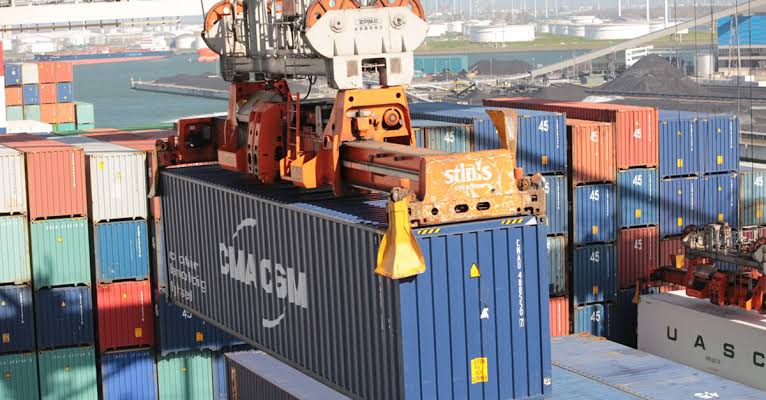The Nigeria Customs Service (NCS) has adjusted the exchange rate for cargo clearing at the port to N783.174/$ from N770.88/$, according to the information obtained from Customs’ official website.
This is the second exchange rate adjustment the port industry is witnessing five months after the Service started the implementation of the floating foreign exchange rate regime by the Central Bank of Nigeria.
With the adjustment in the exchange rate, importers bringing goods through the nation’s seaports will now be paying more as import duty tariffs following the addition of N12.294 to any one dollar of the total value used in calculating import duty.
Reacting to the exchange rate adjustment, Tony Anakebe, a Licensed Customs Agent, told BusinessDay there would be an automatic increase in import duty payable by importers and their clearing agents into the Customs coffers.
He expressed surprise that it took as long as five months for Customs to adjust the exchange rate following the Central Bank of Nigeria’s floating foreign exchange rate regime and given the rate of volatility of naira at the FX rate.
According to him, the adjustment will also impact the market prices of goods as well due to high Customs tariffs.
He added that the new development will further drive inflation on the upward trend as the importer will always peg the price of the finished goods at the rate that would cover all their costs.
“Nigerians are crying over high prices of goods at the market and the increasing costs of sourcing FX in the exchange market and the rate at which Customs calculate import duties are further imposing costs on importers as well as consumers of goods, in Nigeria” said Bayo Tunde, another clearing agents.
According to him, the adjustment had taken effect at the port as he witnessed the impact yesterday at the port when he went to clear a container at one of the ports in Lagos.
Few months back, the Central Bank of Nigeria instructed all Ministries, Departments and Agencies of Government, including the Nigeria Customs Service to implement the floating naira policy.
Business Day









